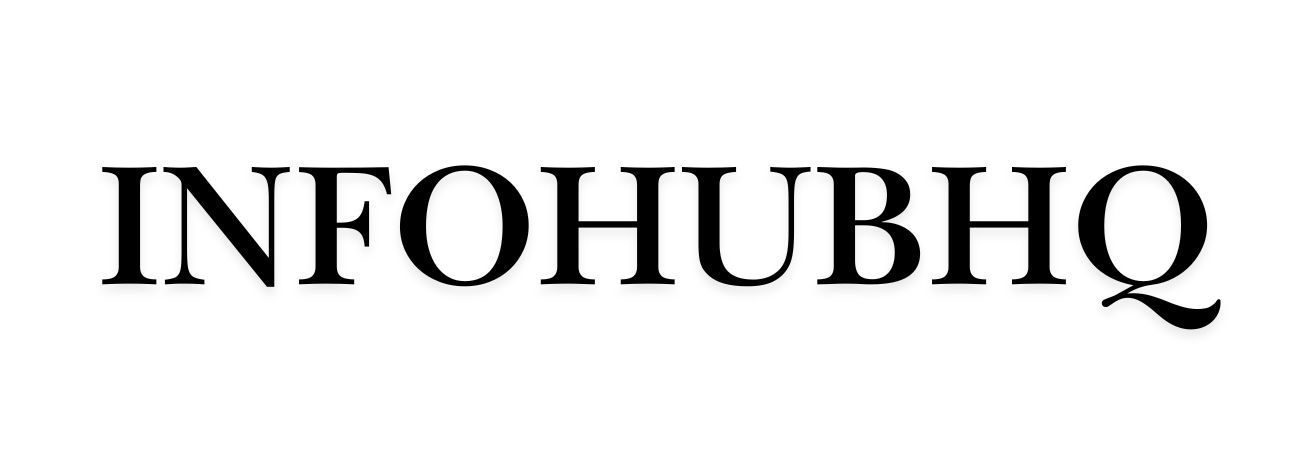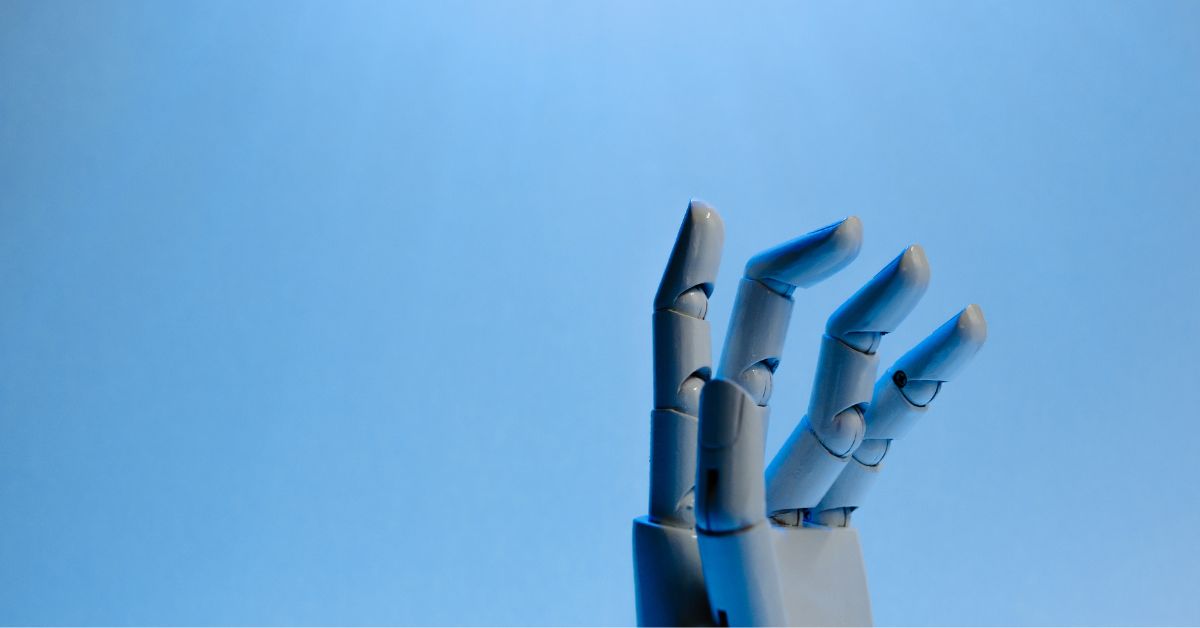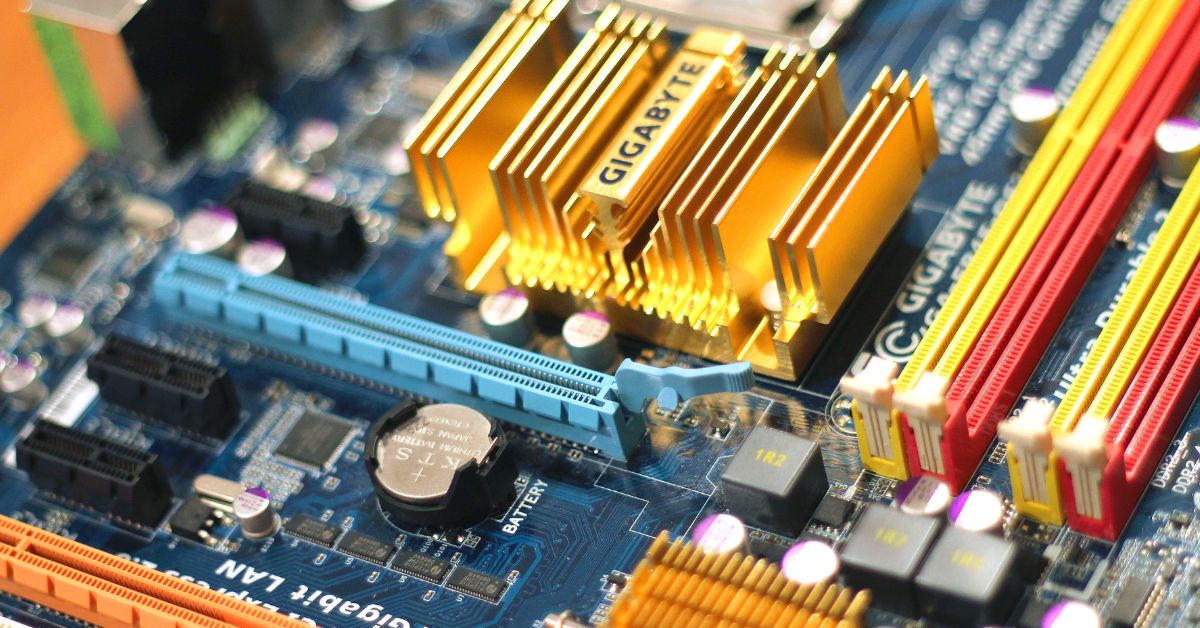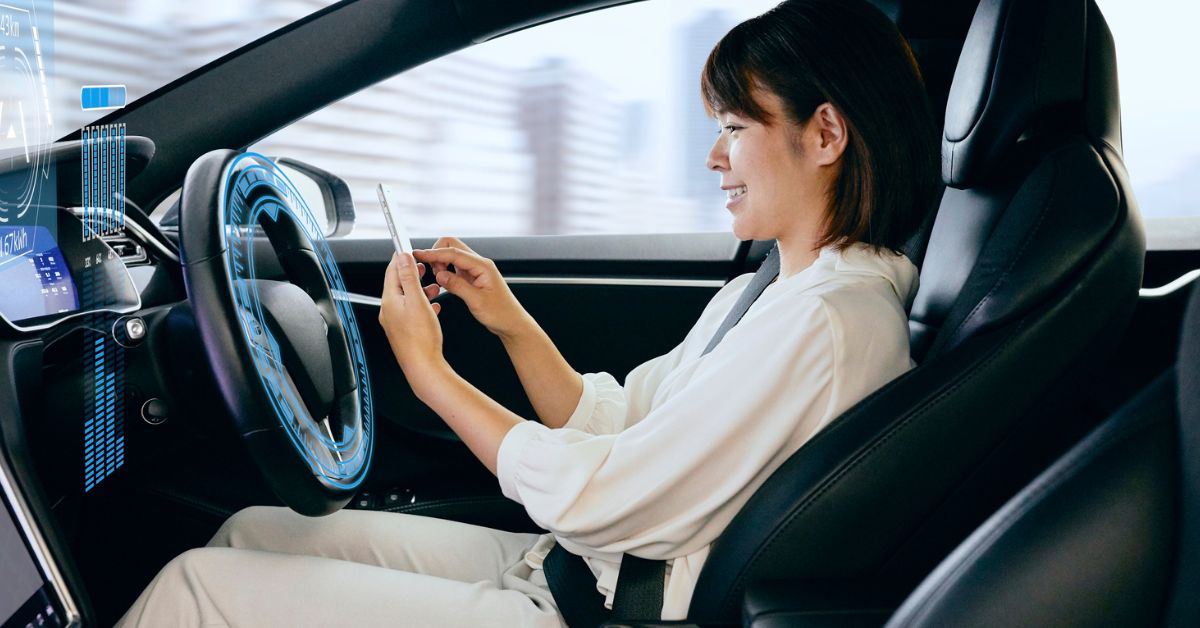Introduction to Prefab Mobile Homes
In recent years, the concept of prefab mobile homes has gained significant traction as a viable housing option. These homes, often referred to as manufactured homes, offer a blend of affordability, flexibility, and sustainability that appeals to a wide range of individuals. Prefab mobile homes are built in a factory setting and then transported to their final location, providing a streamlined construction process that reduces waste and construction time.
One of the primary advantages of prefab mobile homes is their cost-effectiveness. Traditional homes can be expensive to build and maintain, but prefab mobile homes offer a more budget-friendly alternative without sacrificing quality. The controlled environment in which these homes are constructed ensures precision and consistency, leading to a durable product.
Moreover, prefab mobile homes are designed to be energy-efficient, incorporating modern materials and technologies to reduce energy consumption. This not only lowers utility bills but also contributes to a more sustainable lifestyle. As environmental concerns continue to rise, the demand for eco-friendly housing solutions like prefab mobile homes is expected to grow.
Benefits of Prefab Mobile Homes
Prefab mobile homes come with a host of benefits that make them an appealing choice for many. Here are some key advantages:
- Affordability: Prefab mobile homes are generally more affordable than traditional homes. The factory-based construction process reduces labor costs and material waste, resulting in a lower overall price.
- Flexibility: These homes can be customized to fit the needs and preferences of the owner. From size and layout to interior finishes, prefab mobile homes offer a wide range of options.
- Quick Construction: The construction of prefab mobile homes is significantly faster than traditional homes. Once the home is built in the factory, it can be delivered and set up on-site in a matter of weeks.
- Energy Efficiency: Many prefab mobile homes are built with energy-efficient materials and systems, helping to reduce energy consumption and lower utility costs.
- Portability: As the name suggests, mobile homes can be relocated if necessary, offering a level of flexibility that traditional homes do not.
These benefits make prefab mobile homes an attractive option for first-time homebuyers, retirees, and anyone looking for a cost-effective and sustainable housing solution.
Challenges and Considerations
While prefab mobile homes offer numerous benefits, there are also challenges and considerations to keep in mind. One of the primary concerns is financing. Obtaining a mortgage for a prefab mobile home can be more complex than for a traditional home, as some lenders view them as personal property rather than real estate. This can lead to higher interest rates and shorter loan terms.
Another consideration is zoning and land requirements. Not all areas are zoned for mobile homes, and finding suitable land that meets local regulations can be a challenge. It’s important for potential buyers to research zoning laws and land availability in their desired location before committing to a prefab mobile home.
Lastly, while prefab mobile homes are built to be durable, they may not appreciate in value as much as traditional homes. This can impact the long-term investment potential for homeowners. However, with proper maintenance and care, a prefab mobile home can provide a comfortable and affordable living space for many years.
Ultimately, the decision to invest in a prefab mobile home should be based on individual needs and circumstances, taking into account both the benefits and potential challenges.






